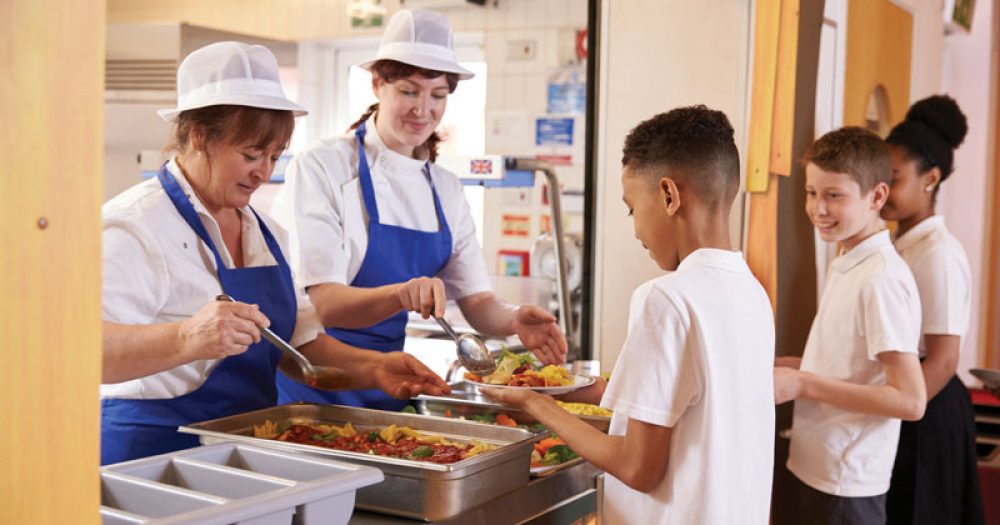Government funding for universal infant free school meals (UIFSM) will rise by 5 per cent, but critics say the increase “falls far too short” of what is needed due to inflation.
Guidance published yesterday shows the funding for free school meals offered to all pupils in reception, year 1 and year 2 will rise by 12p from £2.41 to £2.53 a meal.
The uplift will be backdated to April 1. The Consumer Price Index (CPI) shows inflation rose by 7.8 per cent in the 12 months to April 2023.
Brad Pearce, chair of LACA, which represents school food providers, said: “We recognise any increase in funding is a good thing”.
But he added that the rise for 2023-24 “falls far too short and the sums still don’t add up”.
“Government urgently needs to act now and increase funding in line with inflation of food and labour”.
When universal free meals for infants were introduced in 2014-15, the rate per meal was set at £2.30 and remained frozen in cash terms for the following five years.
Funding has not kept pace with inflation
According to the Institute for Fiscal Studies (IFS), this period saw the funding lose 8 per cent of its value in real terms, while subsequent rises have not kept up with inflation.
Last year, the funding rate for the meals rose by just 7p per meal.
The IFS estimated that if funding had kept pace with inflation, the rate per meal would now stand at £2.87.
Analysis by the National Education Union suggests the actual cost of providing meals is even higher – around £3.30 once rising food, energy and staff costs are taken into account.
James Bowen, assistant general secretary at school leaders’ union NAHT, said the new rate would leave “many schools having to heavily subsidise the provision of free school meals from budgets already under considerable pressure”.
“Suppliers may have to pass on increased costs and while schools will work with them to try and maintain the quality of food provided, school leaders are facing impossible choices about where to cut spending.
“We need to see much more government investment in free school meals – not only to fully fund the costs of universal infant provision but also to expand eligibility for older children so that all pupils in households in receipt of universal credit receive them.”
Data published by the Department for Education earlier this month showed more than two million children are now eligible for means-tested free school meals.
















Your thoughts